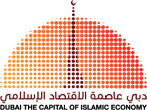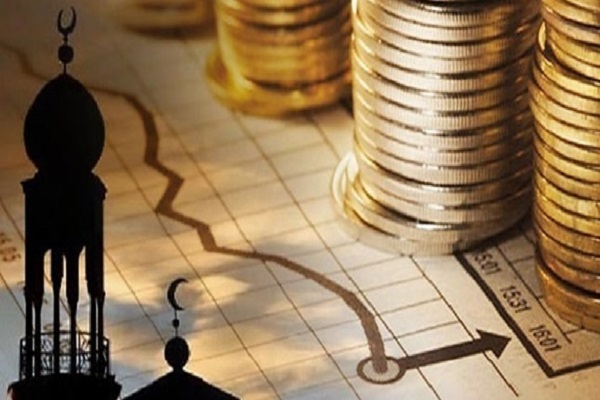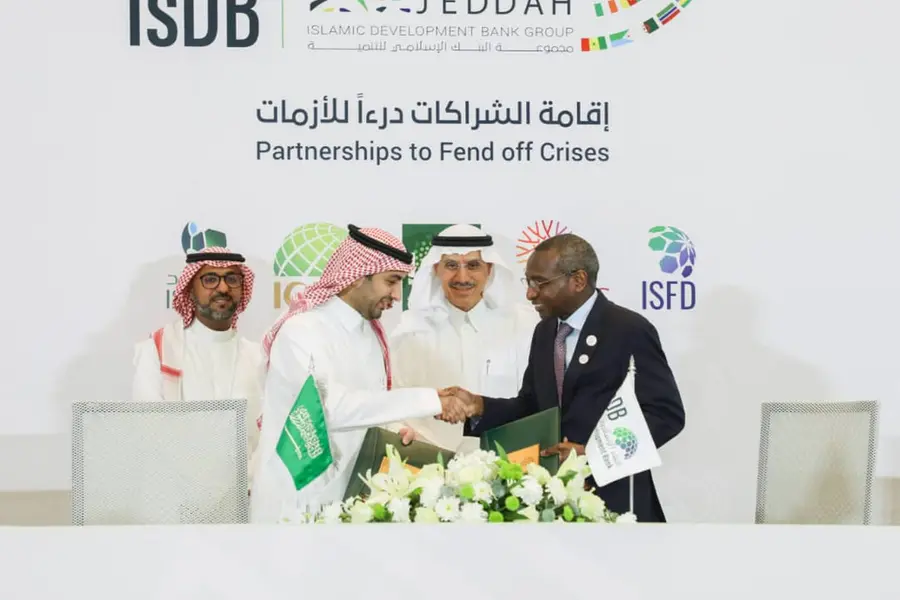DUBAI, 12th December, 2016 (WAM) — Dubai Islamic Economy Development Centre (DIEDC) held a workshop  on the ‘Dubai: Capital of Islamic Economy’ strategy. The event included entities from the public and private sectors that have collaborated with the centre for the past three years on achieving the strategy’s objectives, and developing programmes and initiatives under the seven pillars of Islamic economy.
on the ‘Dubai: Capital of Islamic Economy’ strategy. The event included entities from the public and private sectors that have collaborated with the centre for the past three years on achieving the strategy’s objectives, and developing programmes and initiatives under the seven pillars of Islamic economy.
Commenting on the workshop, Sultan bin Saeed Al Mansoori, Chairman of DIEDC’s Board, stressed that the strategy has progressed in leaps and bounds on all levels. Among the most notable achievements, he highlighted raising investors’ and entrepreneurs’ awareness on the importance of adopting values that ensure comprehensive and sustainable development.
He also mentioned that the next phase requires all the centre’s strategic partners to cooperate in protecting the achievements of the strategy and enhancing the capabilities that are available. “This will allow us to achieve greater growth across the seven pillars that have proven their ability to drive social and economic development in the years to come,” he noted.
During the workshop, DIEDC presented all the centre’s accomplishments since His Highness Sheikh Mohammed bin Rashid Al Maktoum, Vice President and Prime Minister of the UAE and Ruler of Dubai, launched the strategy in 2013. The participants also identified strategic gaps in achieving the objectives, and compiled a prioritised list of new and revised initiatives to keep up the momentum achieved to date.
Additionally, several brainstorming sessions were held among the entities within the same sectors. In line with the recent growing interest in the Islamic economy framework and its sectors, the stakeholders identified ways to encourage the design of innovative Islamic tools and products that meet the requirements of the market and investors in the public and private sectors.
In conclusion, the DIEDC and its partners formulated directives that will lead to an execution plan for the next phase of the strategy, focusing on innovation, knowledge, collaboration, and sustainability.
Al Mansoori emphasised that the world today is facing more and more challenges, saying, “Countries as well as social and economic institutions need to collaborate and build more strategic partnerships that help ensure socio-environmental and food security as these are the foundations of development that should drive all investment and economic activities.” “With its ethics and noble goals, the Islamic economy system has undoubtedly awakened the interest of traditional economy institutions in investing responsibly in genuine sectors. Seeking to boost the UAE’s status on the global sustainable investment landscape, we are keen to overcome any obstacles that may hinder partnerships between traditional and Islamic economy sectors,” he added.
Sami Al Qamzi, Director-General of the Department of Economic Development and Vice -Chairman of DIEDC, said, “We are proud of the achievements to date, which have resulted in a growing global interest in the Islamic economy sectors. Our success is possible thanks to the directives of our wise leadership, their support for economic development, and their long-term vision for the future needs of the world.” “We commend the partners on their efforts and effective contributions towards laying the foundations for the growth of strategic sectors, as well as their quest in enhancing the infrastructure that boosts the UAE and Dubai’s position on the global economic map. Such workshops hold immense significance in gathering all relevant parties, and have them share their outlooks on the future of the Islamic economy. We are confident that the outcomes of the workshop are anticipated to contribute to the general framework of plans until 2021 while determining the forthcoming objectives of the ‘Dubai: Capital of Islamic Economy’ strategy – all of which will be announced in early 2017,” he indicated.
Essa Kazim, Secretary General of DIEDC, said, “The UAE, and specifically Dubai, has become an eminent economic powerhouse on a regional and international scale. The emirate also boasts a credible and attractive international financial centre as well as plans to improve the regulatory and legislative infrastructure in order to attract investments to the dynamic non-oil sectors. The importance of Islamic economy in finding sustainable solutions to global social and economic challenges is growing.” He emphasised that the status of Islamic economy is limited only by the degree of innovation in its sectors, especially finance, as financial institutions have great influence on the success of individual and corporate investments. With regard to managing Islamic economy sectors, he underlined the importance of depending on data, which plays a significant role in competing with other sectors, developing an outline of the economic system, and finding new ways of governing its institutions.
Abdulla Mohammed Al Awar, CEO of DIEDC, began the proceedings of the workshop with a word of gratitude to all entities that contributed to the realization of the objectives of Dubai: The Capital of Islamic Economy indicating that new mechanisms need to be created to strengthen a culture of responsibility in halal investments, finance, industry, manufacturing, and trade, in addition to enhancing the global presence of Islamic economy by expanding towards developing markets. Another pressing need is encouraging Islamic finance institutions to adopt micro-financing in support of SMEs, which are key to social and economic development in emerging markets.
© Copyright Emirates News Agency (WAM) 2016.


